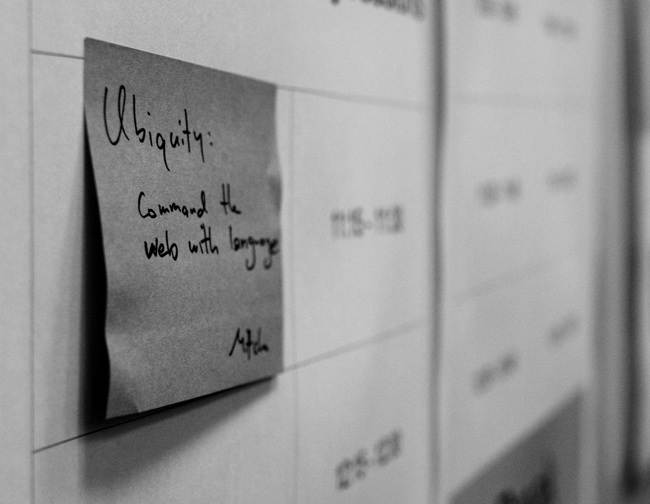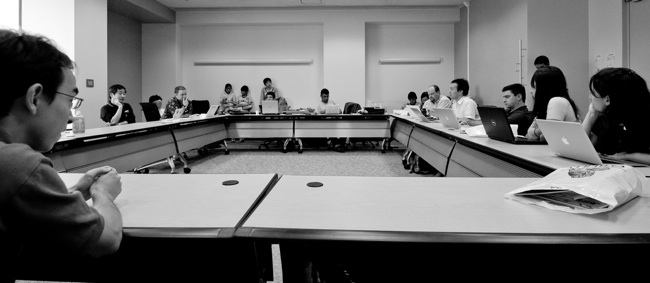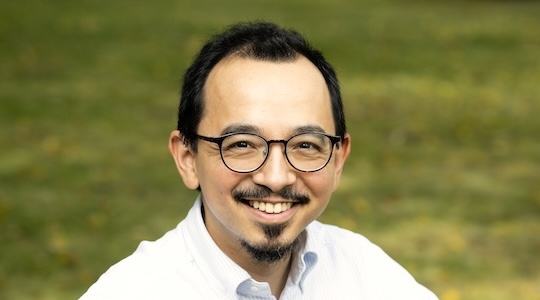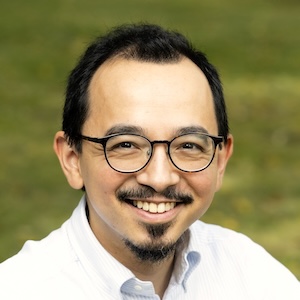Notes from BarCamp Tokyo 2009
This past Saturday was Tokyo BarCamp 2009 at Sun’s Yoga offices. I of course gave a presentation on Ubiquity and our recent localization efforts, including Parser 2. As you can see, I signed up quickly:

CC-BY-NC iMorpheus
Here are the slides I used in that session. There are two “demo” sections in the slides… the first was a simple demo of Ubiquity 0.1.x showing off the translate, map, and edit-page commands. The second demo was of Ubiquity Parser 2 and showing off how little code it takes to add your language to Ubiquity with Parser 2.
I also led a brief afternoon discussion on open ideas: the approach of working in the open, making the thought process and decisions public, not just the results. Here are the slides for that one:
My impetus for doing this discussion is probably clear to many—as I go back to academia this fall, I’ve been recently wondering about whether I could apply the open process used at Mozilla to my own academic work, blogging frequently about little thoughts and discoveries, even if they turn out to be wrong or dead-ends. For those who are interested, Brian Lockwood caught some of my slides and the discussion on video.
I also found a great photo from the discussion—I’m right there on the left edge.

CC-BY-SA LostInInaka
Sun’s facilities had a combination of different styles of rooms (lecture/presentation, this large seminar-style, a small-group one) which was very nice for different styles of sessions.
I really enjoyed meeting the Yokohama International School IT department folks who had an interesting presentation (video) on how they live stream their department meetings every week and try to be open and benefit from (and give back to) an ed-tech community larger than themselves. Other highlights for me included [[Mitch Altman]]’s session on [[hacker spaces]] and “hacking” of all varieties and sorts, Karamoon’s very knowledgeable longer session on security (video).
Finally it’s good to point out that my friend Kim Ahlström open-sourced his website jisho.org. You can now get that entire repository on github. He also demoed the Cereling library/wrapper for various parsers and morphological tools which his company will be open-sourcing in the future. Happy hacking!

